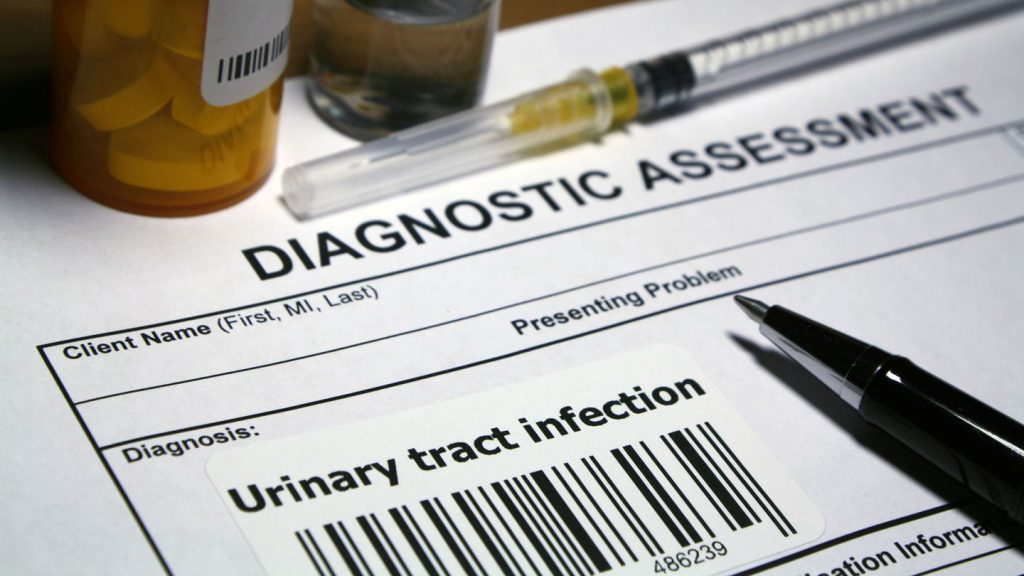Urinary tract infections are painful, inconvenient and very common. For many years, doctors have not known why UTI pain can still be present even after multiple rounds of antibiotics. Now they have some leads.
Nerve growth resulting from immune responses to the infection may be the cause, researchers state on March 1 in Science Immunology. Understanding the immune and nerve responses to persistent UTIs could potentially lead to new, antibiotic-free types of treatment.
More than half of women will experience a UTI in their lifetime, and about a quarter of infections recur within six months. The pain from these infections can be quite challenging to manage, according to Marcus Drake, a neurological urologist at Imperial College London. “It's a 'heartsink situation’ for the patients, and it's a situation that feels hopeless for the doctors, because there isn't much that you can do.”
Baffled by the persistence of pain after UTI-related bacteria were eliminated, immunologist Soman Abraham of Duke University and colleagues obtained urine samples from women with recurring infections. Compared to samples from women without recurring UTIs, these samples showed signs of nerve activation.
To gain a better understanding of what was occurring at the tissue level, the team induced multiple UTIs in mice. Compared to uninfected mice, “we observed a significant growth of nerves,” Abraham says. But this only confirmed what the team suspected about humans. The researchers still wanted to know what stimulated the nerves to grow.
Abraham knew that when the urinary tract is infected, one of the bladder's initial defenses is to shed a tissue layer to remove bacteria. However, in this process, nerves are sloughed off, which prompts nerve-growing immune cells into action. A close examination of the bladder tissue of mice with repeat UTIs revealed an abundance of two types of immune cells.
Specifically, there were high levels of mast cells, which are stored in bladder tissue and produce a substance known as nerve growth factor (SN: 9/5/07). And there were monocytes, blood-based immune cells that rush to the site of infection to produce even more nerve growth factor (SN: 7/30/09). Similar to respiratory infections, the more frequently the body has to combat bladder infections, the better it becomes at it; monocytes and mast cells become quicker at their job with each UTI. “The unfortunate part is [it becomes] an overzealous response,” Abraham says.
Pain continues because nerve growth factor not only creates nerve growth, but it also reduces the threshold at which nerve pain and pressure receptors are activated. Even after no infection-related bacteria remained, the mice in the study experienced frequent urination and showed signs of lingering pain. “The smallest, harmless volume of urine was sufficient to trigger the voiding response,” Abraham says. However, with antihistamines and blockers of nerve growth factor, the mice were able to experience some relief.
At present, persistent pain in UTIs in humans is typically treated with anti-inflammatory or other pain-reducing medications, including antihistamines, but all of these are somewhat unsatisfactory, Drake says. The researchers hope that understanding how nerves grow with recurrent UTIs can lead to more effective pain relief treatments in the future.



